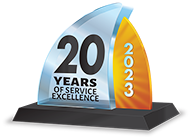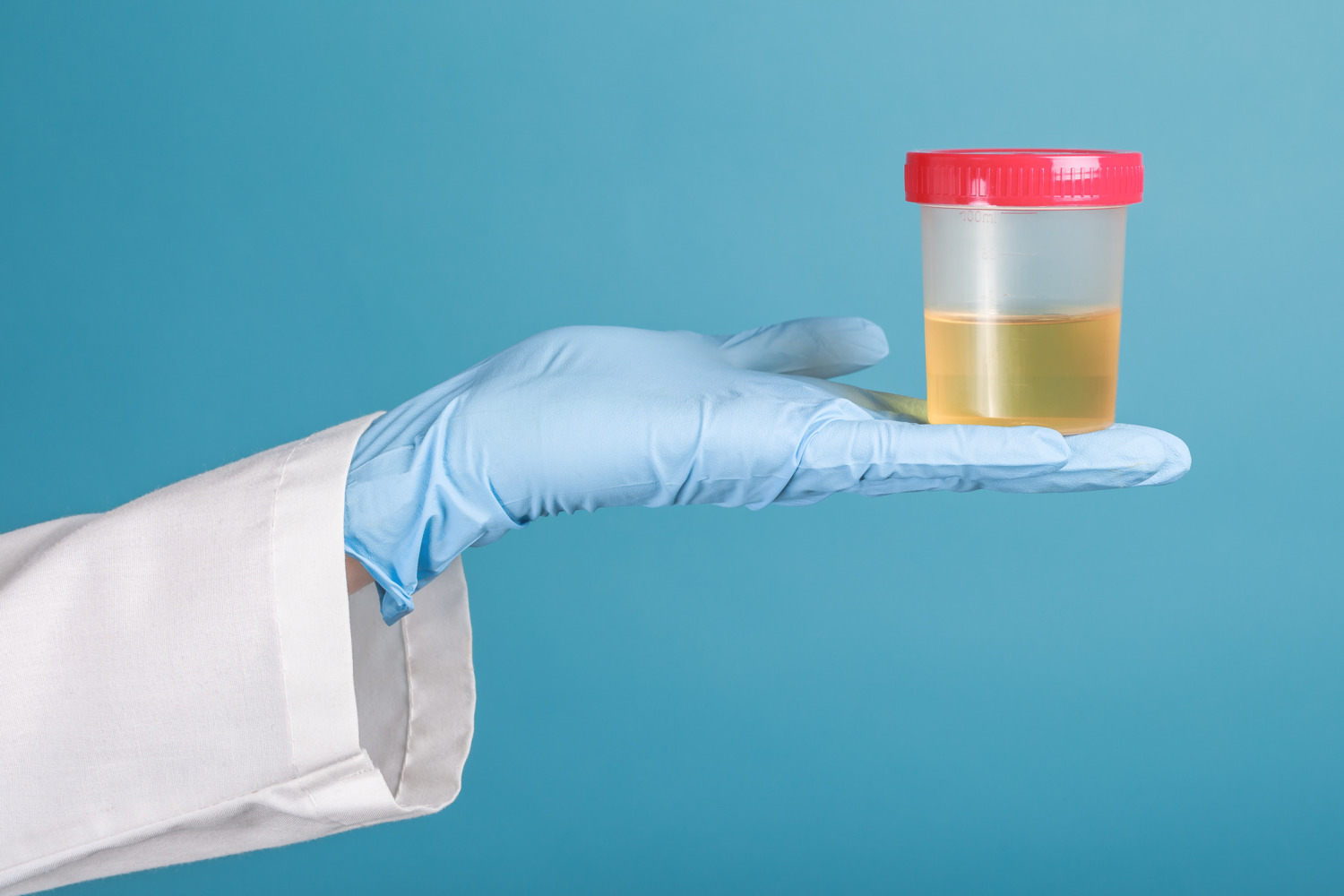Drug and Alcohol Testing for DOT-Mandated Employees: Ensuring Compliance and Safety
As an employer, ensuring the safety and well-being of your employees is of utmost importance. This is particularly true for organizations that employ individuals in safety-sensitive positions governed by the Department of Transportation (DOT). Compliance with DOT regulations regarding drug and alcohol testing is essential for maintaining a secure work environment. In this blog post, we will explore the significance of drug and alcohol testing for DOT-mandated employees, the various types of tests conducted, the role of Substance Abuse Professionals (SAPs), and the benefits of utilizing SAP Referral Services (SRS) to streamline the process.
Overview of DOT Regulations on Drug and Alcohol Testing for DOT-Mandated Employees
The DOT has established stringent regulations to ensure the safety and integrity of the transportation industry. These regulations apply to employees in safety-sensitive positions, such as commercial drivers, aviation personnel, and railroad operators. DOT regulations mandate drug and alcohol testing throughout the employment lifecycle, including pre-employment, random testing, post-accident testing, reasonable suspicion testing, and return-to-duty testing after a violation.
Different Types of Tests Conducted for DOT-Mandated Employees
Drug and alcohol testing plays a vital role in ensuring the safety and compliance of DOT-mandated employees. Employers must be aware of the various types of tests conducted to detect substance abuse accurately. These tests encompass a range of methods. Understanding the different testing methods empowers employers to implement comprehensive and effective drug and alcohol testing protocols for DOT-mandated employees.
- Urine Drug Testing: This is the most common form of drug testing, involving the analysis of a urine sample to detect the presence of controlled substances.
- Breath Alcohol Testing: This test measures the alcohol concentration in a person’s breath using a breathalyzer device.
- Oral Fluid Testing: Also known as saliva testing, this method analyzes saliva samples for the presence of drugs or alcohol.
Role of SAPs in the Evaluation and Treatment Process
Substance Abuse Professionals (SAPs) play a crucial role in the evaluation, treatment, and monitoring of employees who have violated DOT drug and alcohol regulations. SAPs are trained professionals who assess the severity of the violation, recommend appropriate education or treatment programs, and provide follow-up testing and support. SAPs ensure that employees receive the necessary assistance to overcome substance abuse issues and facilitate their safe return to work.
Benefits of Using SAP Referral Services
When an employee tests positive for drugs or alcohol, it is essential to find a qualified SAP who can provide expert guidance and support. SAP Referral Services (SRS) offer a convenient solution by connecting employers with qualified SAPs in their area. The key benefits of using SRS include:
- Streamlined Process: SRS simplifies the search for a SAP, saving employers valuable time and effort.
- Qualified SAPs: SRS ensures that the referred SAPs are qualified and experienced, guaranteeing quality assistance for employees.
- Confidentiality: SRS prioritizes confidentiality, providing a secure platform for employers to seek professional help for their employees.
- Expert Guidance: SRS facilitates access to SAPs who are well-versed in DOT regulations, ensuring compliance and comprehensive support.
Compliance with DOT drug and alcohol testing regulations is crucial for the safety and integrity of the transportation industry. Through the implementation of rigorous testing procedures, the identification of substance abuse issues, and the involvement of SAPs, employers can create a secure work environment and support their employees in overcoming addiction. By leveraging SAP Referral Services, employers can streamline the process of finding qualified SAPs, ensuring compliance, and providing comprehensive care for their DOT-mandated employees. Contact us today to learn more.


